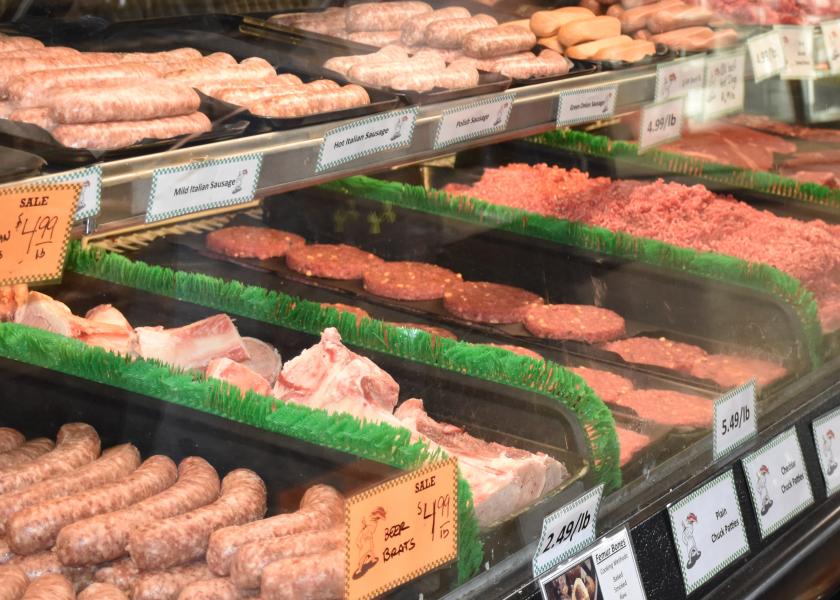Purdue Creates Smartphone Device to Slow Spread of Foodborne Illness

Researchers at Purdue University have developed a new tool that identifies the presence of harmful bacteria in food samples. Earlier detection is helpful because harmful E. coli bacteria and other foodborne illnesses kill 3,000 people annually.
“Our goal is to create technology that allows for the cost-effective detection of the causes of foodborne illnesses using an easy, expedient and efficient process,” said Euiwon Bae, senior research scientist in mechanical engineering at Purdue, in a recent press release. “This time frame [the tool employs] allows for better integrated detection and quicker action to stop more people from getting sick.”
The new tool uses a bioluminescence-based assay that couples with smartphones and laptops to enable onsite testing for E. coli bacteria. With a silicon photomultiplier device that uses low light with the bioluminescent asset, users can detect the presence of bacteria in food samples. In addition, the team created another tool that uses electoral circuits with an amplifier, comparator and microcontroller to send the data collected to smartphones using Bluetooth.
Purdue researchers tested their concept using artificially contaminated samples of ground beef. They injected E. coli into the samples and used the device to analyze each sample within 10 hours of initial inoculation.
“Our assay offers higher sensitivity, lower cost, better portability and other distinct advantages when compared to existing detection methods,” said Bruce Applegate, professor of food science at Purdue.
The research, and certain aspects of the method were created in partnership with other groups. Applegate developed the phage that helps infect the bacteria and make them light up. USDA’s ARS and Center for Food Safety Engineering provided funding for this research in addition to Hatch Funds.
Read more about E. coli infections and research here:
K-State Team Develops Faster Test for Shiga Toxin-Producing E. coli
Insurance Covers $600,000 in Bills After Toddler’s Brush With Death







